On Wednesday, China unveiled retaliatory tariffs of 84% on imports of US goods, matching the additional tariffs imposed by US President Donald Trump earlier in the day. This move has further inflamed the trade war between the world’s two largest economies. Trump’s sweeping “reciprocal” tariffs, which took effect earlier on Wednesday, hit China the hardest, with a levy now totaling at least 104% on all its goods. The two countries have been locked in a tit-for-tat trade battle, with Beijing firmly standing against each new tariff introduced by Washington.
The Tit-for-Tat Escalation
The State Council Tariff Commission announced China’s response, stating that the US escalation of tariffs is a “mistake upon mistake” that severely infringes upon China’s legitimate rights and interests and damages the multilateral trading system. This amped-up retaliation comes after China repeatedly warned that it would “fight to the end” if the US moved forward with further tariffs. On Wednesday, Trump’s additional levies on Chinese imports had originally been set to increase by 34 percentage points, but he added another 50 percentage points after Beijing refused to back down from the standoff.
Global Market Reactions
The back-and-forth between the superpowers has led to significant swings in global stock markets, with Asian and European markets mostly lower and US stocks opening mixed. Peter Boockvar, chief investment officer of Bleakley Financial Group, remarked on the absurdity of the situation, noting that it is hard to believe this is happening between the two largest economies that make up almost $50 trillion of global GDP, almost half of the world.
China’s Multifaceted Response
In addition to the increased tariff levy, China’s Ministry of Commerce imposed export controls on 12 American companies, barring Chinese companies from supplying them with dual-use items that have both military and civilian applications. It also added six more US firms to its “unreliable entity list,” banning them from trading or making new investments in China, and filed a complaint to the World Trade Organization over the latest US tariffs.
US Treasury Secretary’s Perspective
US Treasury Secretary Scott Bessent shrugged off China’s retaliatory moves, stating that it is unfortunate that China does not “want to come and negotiate” a tariff deal. He called China the “worst offenders in the international trading system,” highlighting the significant trade imbalance between the two countries. Bessent argued that despite China’s retaliation, the US remains in a strong position due to its status as a surplus country.
The EU’s Retaliatory Measures
The trade war widened further on Wednesday after the European Union announced it would begin collecting retaliatory duties on US imports starting Tuesday. The EU’s move was in response to a sharp increase in US tariffs on all imports of steel and aluminum, unveiled last month. The European Commission stated that these countermeasures could be suspended at any time if the US agrees to a fair and balanced negotiated outcome.
China’s Call for Negotiation
Despite the defiant tone, China has left the door open for negotiation. A Chinese Foreign Ministry spokesperson emphasized that the US needs to demonstrate an attitude of equality, respect, and mutual benefit if it truly wants to resolve the trade war through dialogue. China also released a white paper on its trade and economic ties with the US, criticizing Washington’s unilateral and protectionist measures.
Economic Impact and Future Outlook
The successive rounds of tariffs come as China has been working to rev up domestic consumption in anticipation of the impact of Trump’s trade policy on its export-driven growth. Last year, trade between the US and China totaled roughly half a trillion dollars. Economists warn that the tariffs could lead to a global recession, with J.P. Morgan raising its forecast of the global economy entering a recession by year-end from 40% to 60%. The tariffs are also expected to have a broad-based effect on global supply chains, impacting not just the direct producers and consumers of tariffed goods but also related service industries.
A Call for Prudence and Dialogue
The escalating trade war between the US and China, along with the EU’s retaliatory measures, has created a highly uncertain and volatile economic environment. While both sides have expressed a willingness to negotiate, the path to resolution remains unclear. The potential for a global recession and the disruption of global supply chains highlight the need for prudence and dialogue in addressing trade imbalances. As the world watches closely, the hope is that cooler heads will prevail, and a resolution will be found that benefits all parties involved.
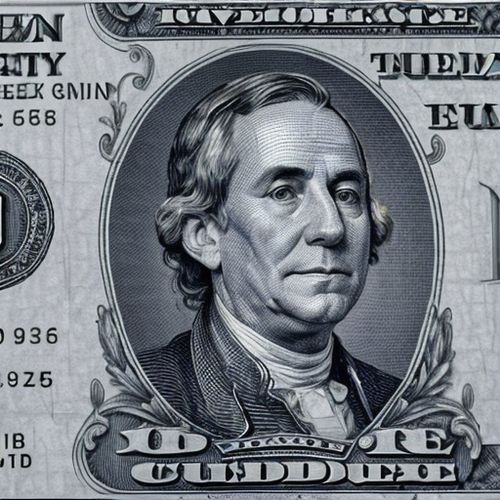
By Samuel Cooper/Apr 10, 2025

By Noah Bell/Apr 10, 2025
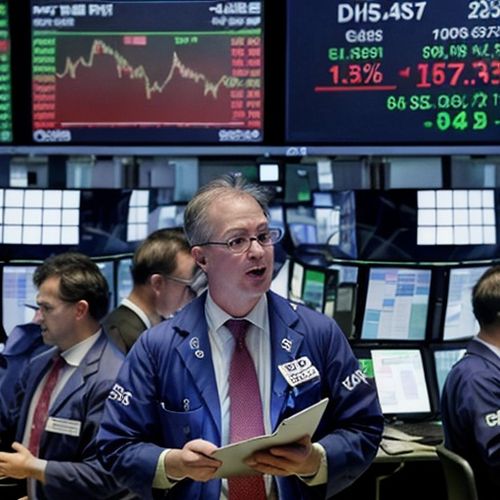
By Sarah Davis/Apr 10, 2025
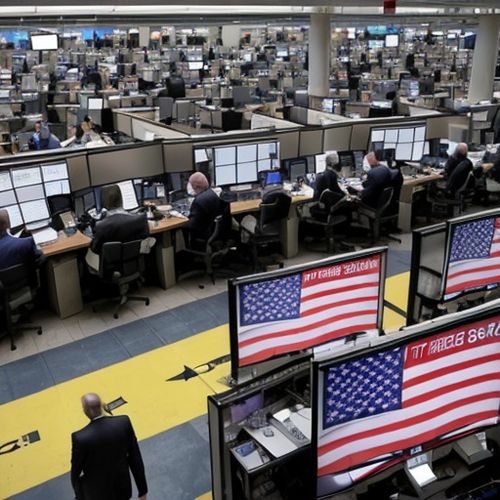
By Noah Bell/Apr 10, 2025
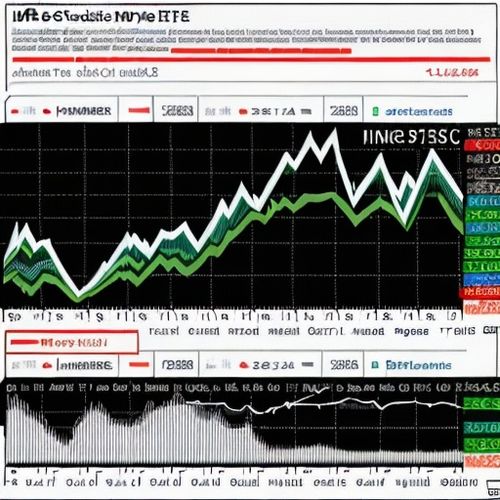
By Rebecca Stewart/Apr 10, 2025

By Lily Simpson/Apr 10, 2025
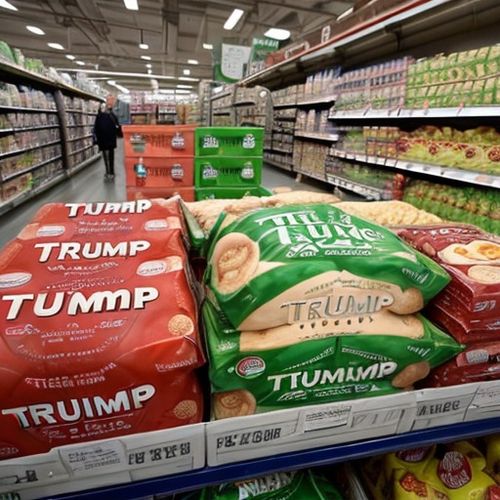
By Christopher Harris/Apr 10, 2025
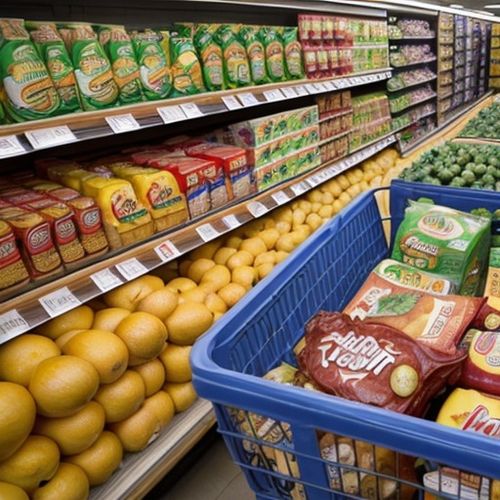
By Emma Thompson/Apr 10, 2025
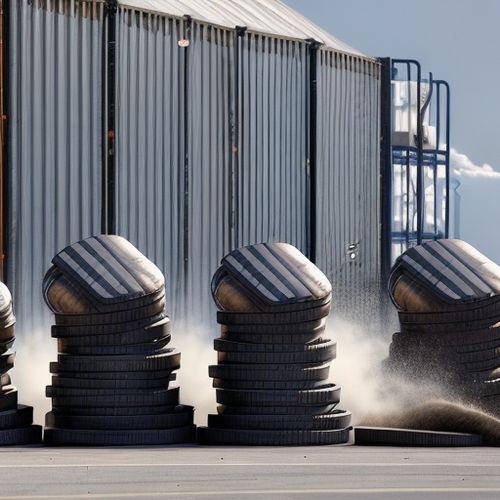
By Olivia Reed/Apr 10, 2025
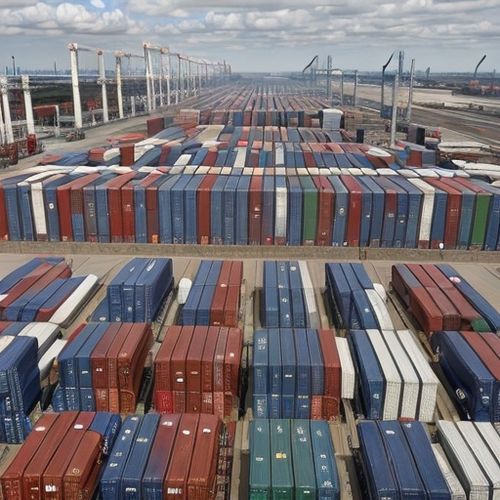
By Eric Ward/Apr 10, 2025
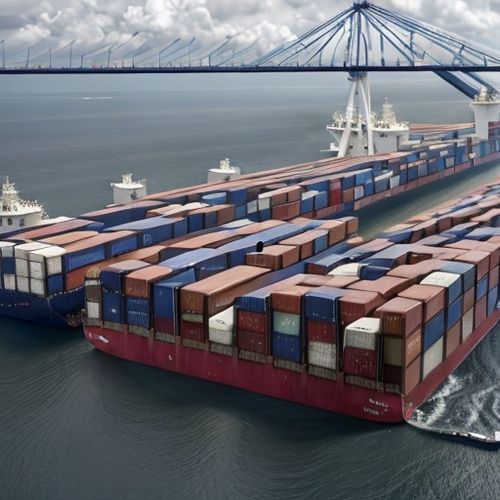
By Victoria Gonzalez/Apr 10, 2025

By Jessica Lee/Apr 10, 2025

By Sophia Lewis/Apr 10, 2025
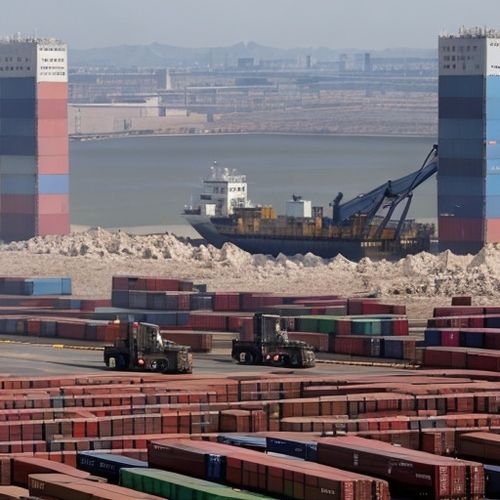
By Eric Ward/Apr 10, 2025
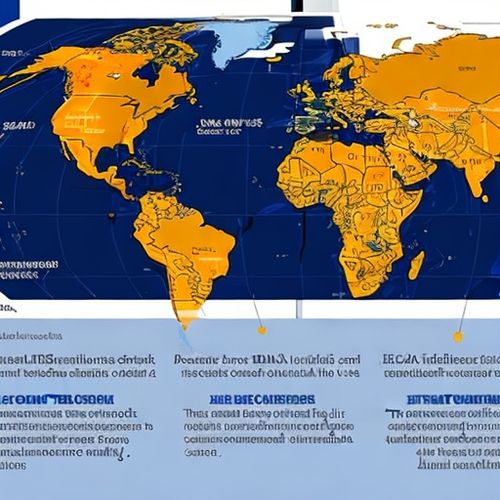
By William Miller/Apr 10, 2025

By James Moore/Apr 10, 2025